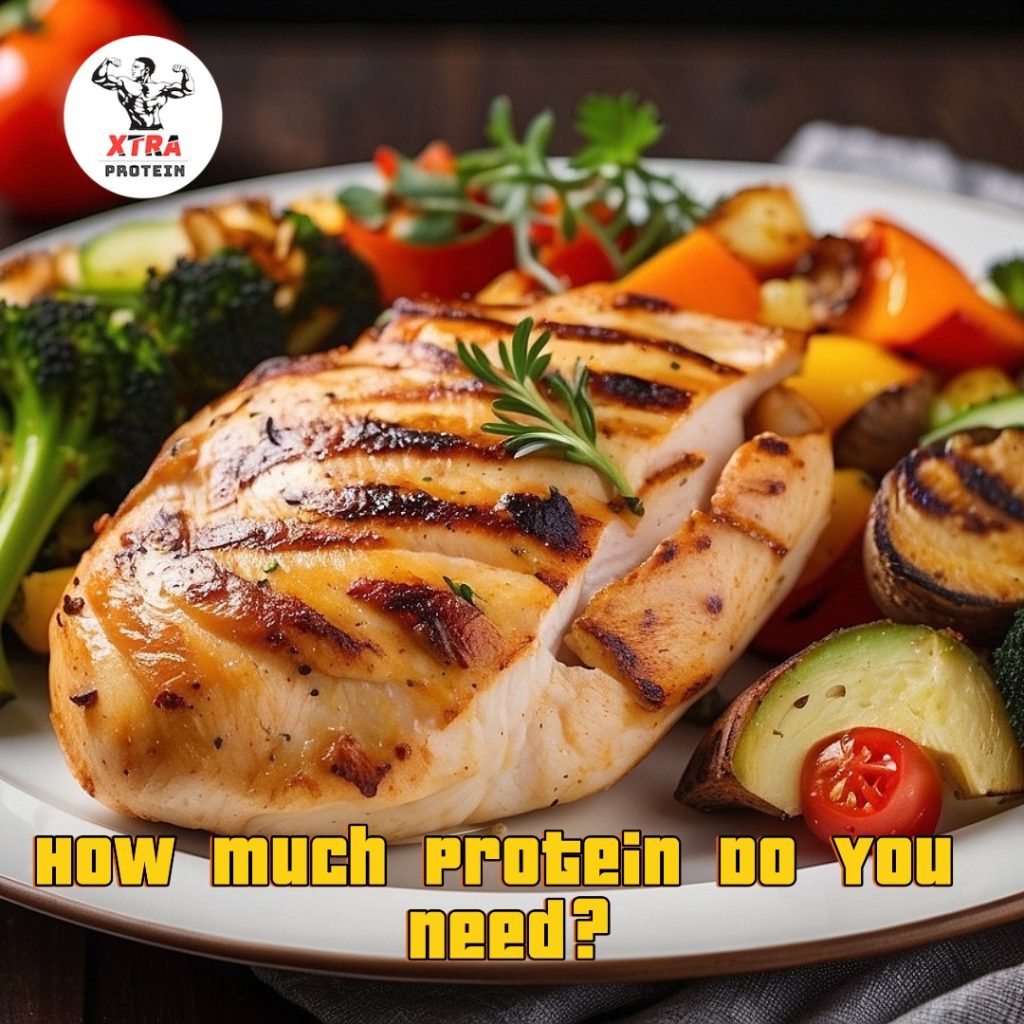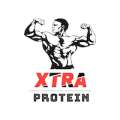
How Much Protein Do You Need?
How Much Protein Do You Need?
Unravelling the Mystery:
Protein is a crucial macro nutrient for building muscle, repairing tissue, and supporting various bodily functions. But the big question remains: how much protein do you need? In this article, we’ll dive into the science of protein requirements, helping you understand precisely how much you need based on your lifestyle and health goals.
Understanding Protein’s Role
Proteins, made up of amino acids, are the building blocks of your body. They are critical in building muscle, repairing tissue, producing enzymes and hormones, and supporting immune function. Regardless of your lifestyle, protein is a non-negotiable part of a balanced diet.
Determining Your Protein Needs
- Basic Guidelines: The Recommended Dietary Allowance (RDA) for protein is 0.8 grams per kilogram of body weight for the average adult. This is a baseline for maintaining essential bodily functions and muscle mass.
- Active Lifestyles and Athletes: Your protein needs increase if you’re physically active. Endurance athletes may require 1.2 to 1.4 grams per kilogram of body weight, while strength athletes might need 1.6 to 2.2 grams per kilogram to support muscle repair and growth.
- Age Factors: Older adults may need more protein – up to 1 to 1.2 grams per kilogram of body weight – to help maintain muscle mass and strength and prevent sarcopenia (age-related muscle loss).
- Special Diets and Health Considerations: Those on plant-based diets may need to pay extra attention to protein intake, as plant proteins are generally less digestible. People with certain health conditions may require adjusted protein levels, which should be discussed with a healthcare provider.
Sources of Protein
Protein can be found in both animal and plant-based foods. Animal sources like meat, fish, eggs, and dairy are considered ‘complete’ proteins, meaning they contain all essential amino acids. Plant-based proteins like beans, lentils, tofu, and nuts are excellent options, especially when combined to form complete proteins.
Balancing Protein Intake
While protein is essential, balancing it with other nutrients is crucial. An overly high protein diet can lead to health issues, mainly if it displaces other vital nutrients or heavily relies on processed or red meats.
Your protein needs depend on several factors, including weight, age, activity level, and overall health. Most people can meet their protein needs through a balanced diet. Remember, more protein isn’t always better; balance and variety in your diet are essential.
To determine your ideal protein intake, consider your lifestyle, physical activity level, age, and overall health. A balanced diet with various protein sources is the best strategy for meeting your protein needs.
Check out the new Universal & Animal Whey Protein: https://xtraprotein.com/product-category/brands/animal-nutrition/
Check out the Animal Pak website for more info: https://www.animalpak.com/
